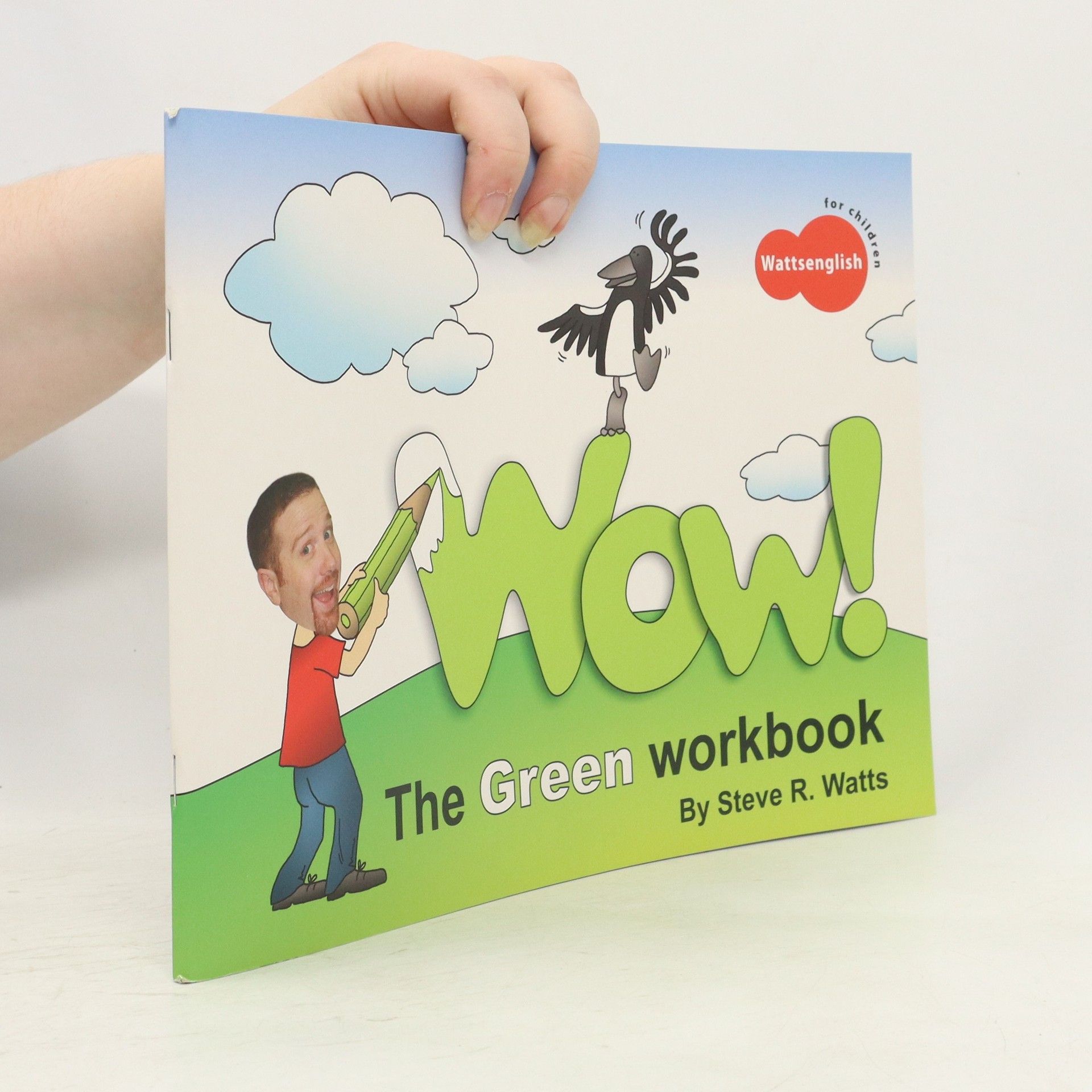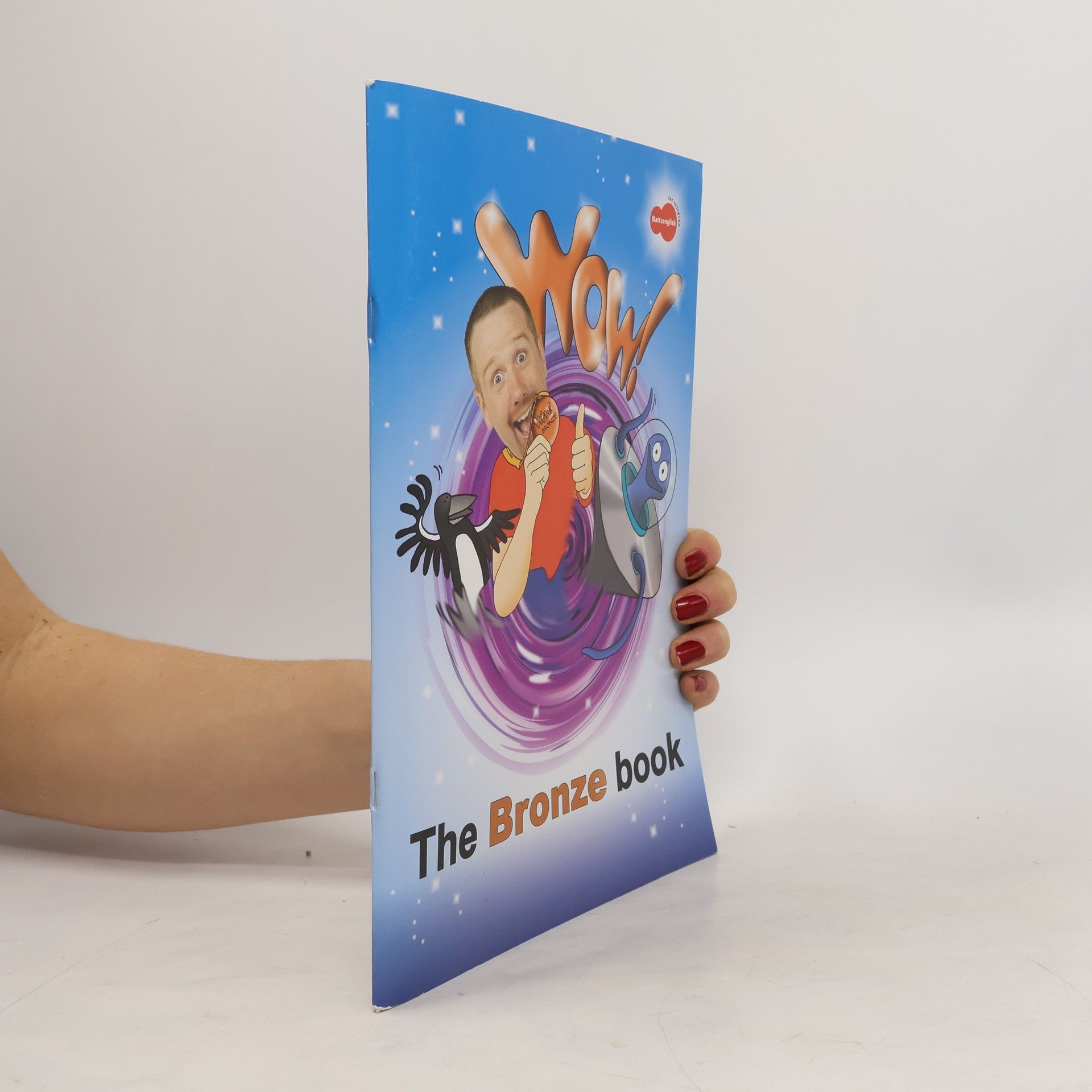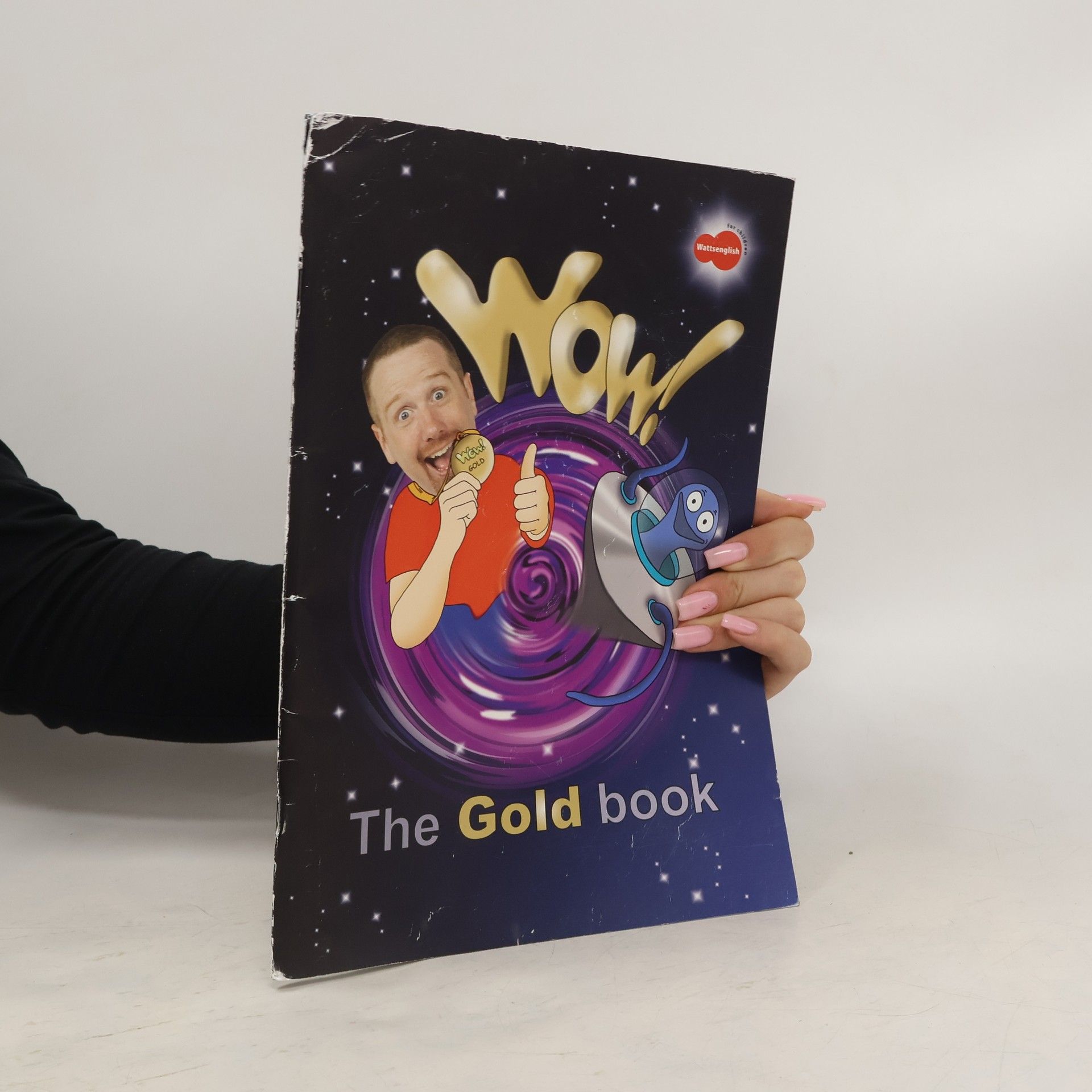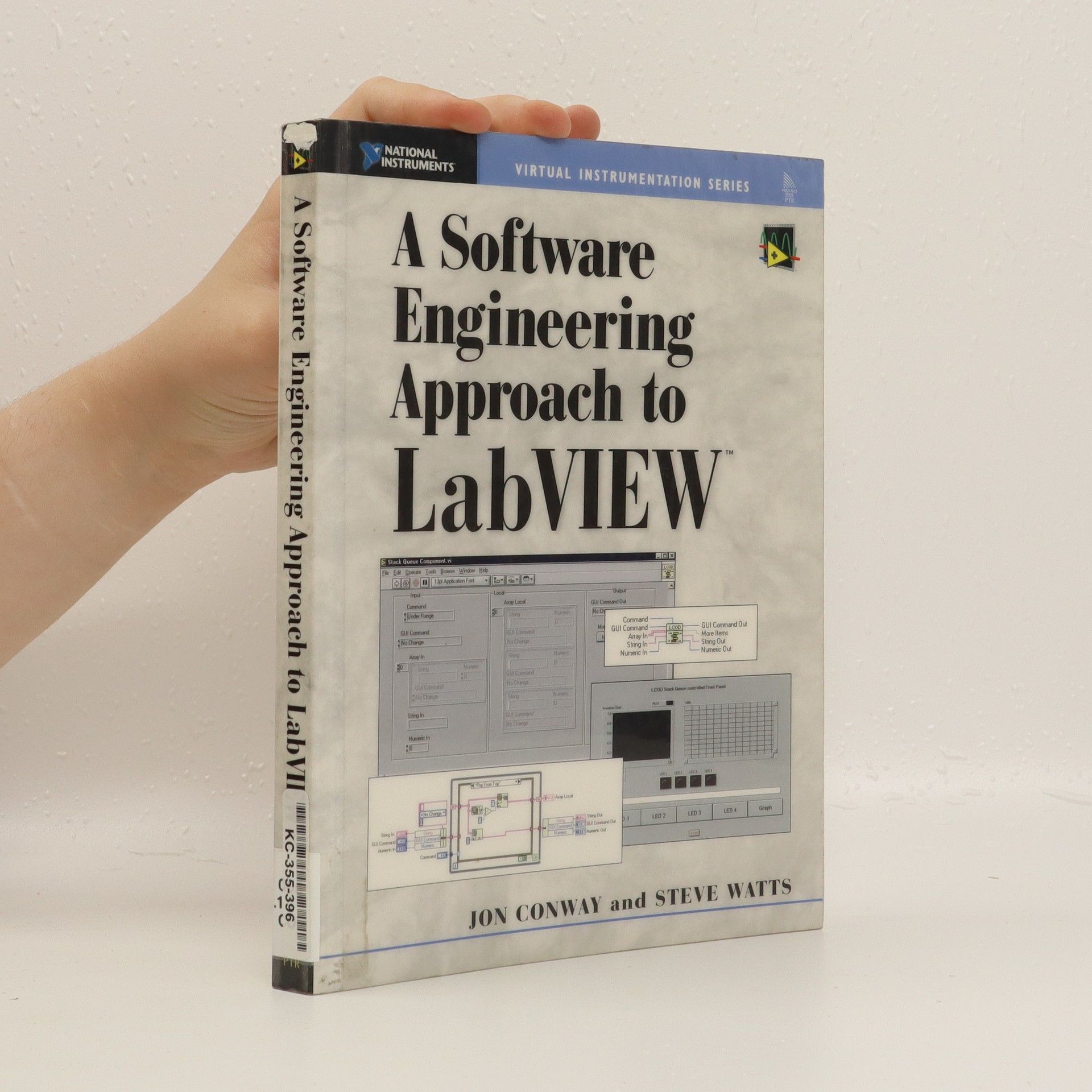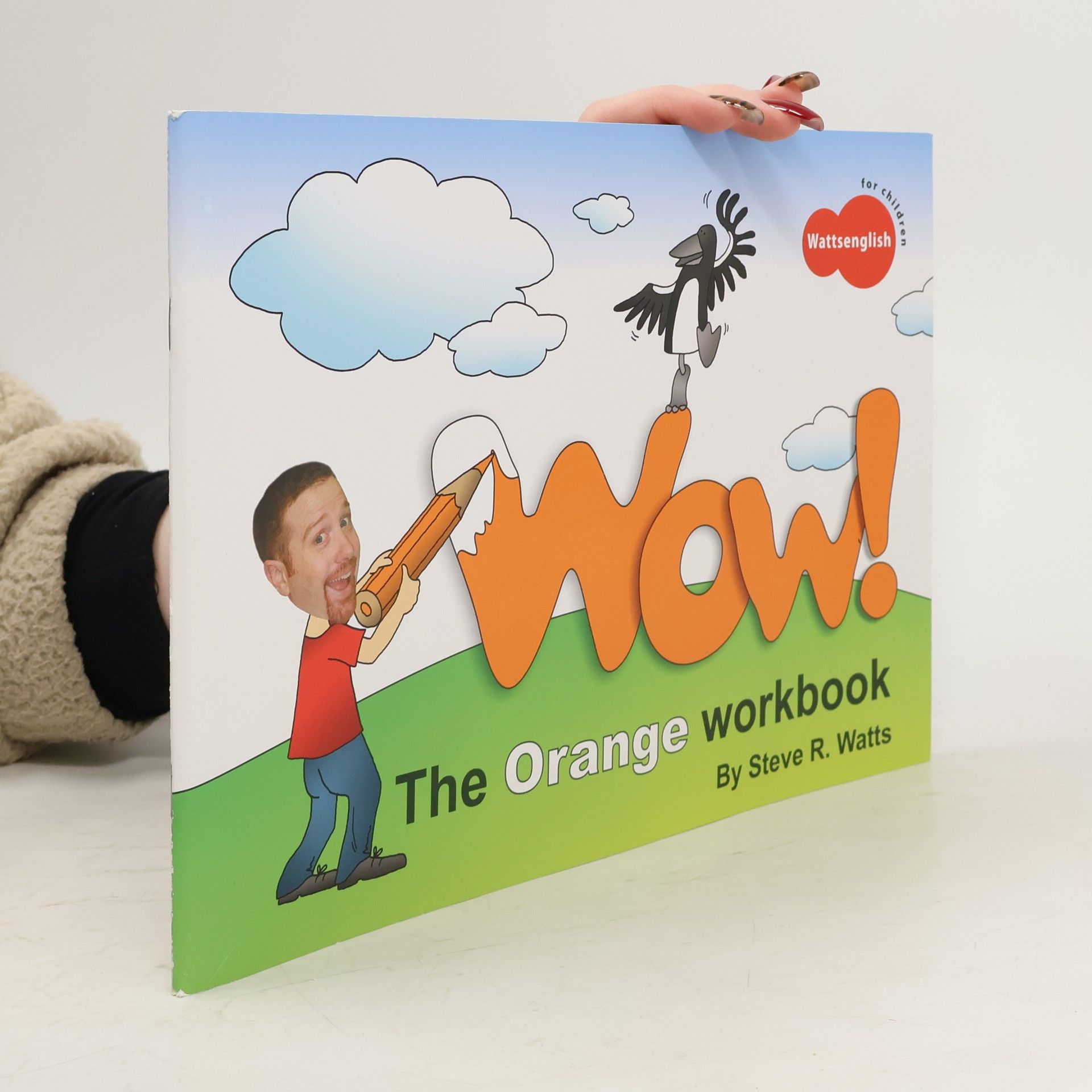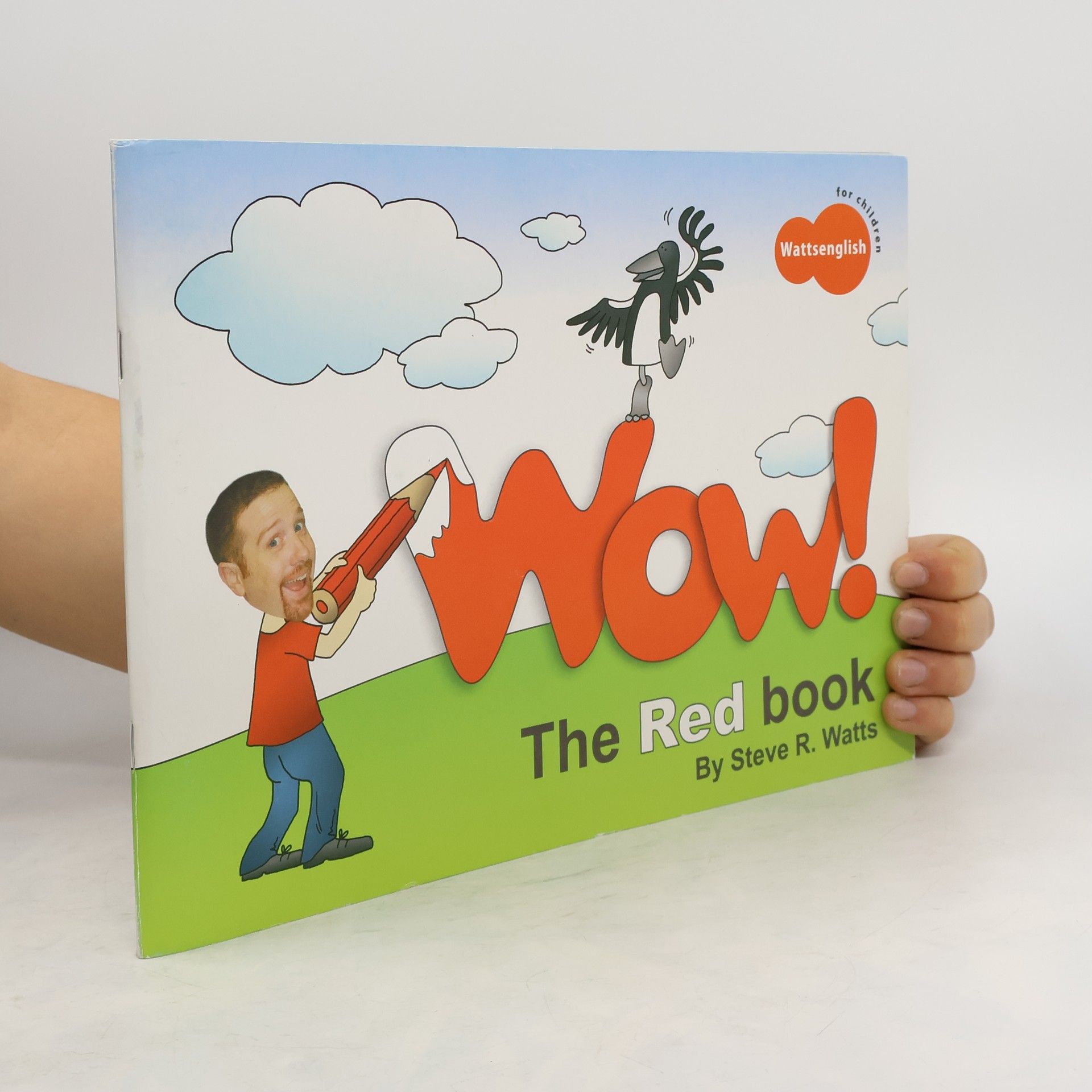A software engineering approach to LabVIEW
- 240 pages
- 9 hours of reading
Create more robust and flexible LabVIEW applications through effective software design principles! Developing LabVIEW software for complex tasks can be challenging, especially with last-minute feature requests that complicate your system and require significant code rework. Jon Conway and Steve Watts introduce LCOD—LabVIEW Component Oriented Design—applying software design theories to LabVIEW programming for the first time. The material is presented in an engaging manner, making it accessible even to those without a computer science background. LCOD techniques enhance software robustness and simplify complexity, allowing even large industrial applications to be manageable. The focus is on embracing flexibility, making changes and bug fixes less painful. The authors share their pragmatic, tested techniques in a format designed for working programmers, covering design principles, LCOD implementation, engineering essentials, and style issues. The book includes practical advice on requirements gathering, prototyping, and user interface design, along with numerous examples. Readers can work through an example LCOD project, with all code available on the companion website. This resource is aimed at test engineers, system integrators, electronics engineers, software engineers, and intermediate to advanced LabVIEW programmers, ensuring that users can quickly apply these methods once they are familiar with LabVIEW syntax. Visit the com
